Kọ́láwọlé Ọlátúbọ̀sún is a teacher, writer, and linguist whose work and influence cuts across education, literature and linguistics. He has taught as a university professor, high school teacher, and adult literacy volunteer. His poetry chapbook entitled ‘Attempted Speech & Other Fatherhood Poems’ was released in September 2015 and some of his creative works have been published in Sentinel Nigeria, Klorofyl, Maple Tree Literary Supplement, Subjective Substance, International Literary Quarterly, and more.
Kola runs a personal travel blog, Ktravula.com, and he is the first African blogger to have been nominated for the CNN/Multichoice African Journalist Award in 2015.
Tubosun founded yorubaname.com, a “Yorùbá Name Documentation Project” in March 2015. The focus of the project is to document all names in Yoruba in an accessible multimedia format while bringing together a community of interested linguists and other culture enthusiasts to document the African cultural and linguistic experience on the web. A free Yorùbá Keyboard software for Mac and Windows to allow its users type in Yoruba language on the internet was released on 8th August 2015 while an update to cater for Igbo language was released in July 2016.
***
What inspired your interest in linguistics? I ask this within the context a place such as Nigeria where arts, humanities, and certain fields in the social sciences are not given much attention.
Well, language is everything, isn’t it? It is what allows us to communicate with and understand each other. I’d been interested in languages for as long as I remember, so linguistics seems like an obvious choice of study. However, when I was applying to the university, I had no serious professional passion for language as I did for creative writing. It was there, but way in the background. I had first been given admission for Theatre Arts in the university as a matter of fact. But serendipity threw me into Linguistics and I realized that it’s where I’ve always belonged.
You run a digital archive of Yoruba names. Can you tell us about Yorubaname.com? What was the spark for the project?
The dictionary of names currently at yorubaname.com is an intervention in a space of amnesia. There has been an alarming dearth of relevant African language content on the web. Books are no longer being published in the native languages, and children no longer have sufficient resources to learn to speak their languages. So the dictionary is a start of a renaissance, a multimedia repository of all Yorùbá names hoping to encourage more iterations in other languages. It’s a way to document our cultural experience on the web in order to provide useful resources, and to ensure the languages’ survival in the 21st century. Not just for Yorùbá, by the way. We’re currently working with an Igbo team right now for a sister site. The aim is to help develop as many similar resources in as many African languages as possible.
As for what sparked it, I’ve talked about that at length in a few interviews. The summary is that I got tired looking for places online to find this kind of resource, got too ashamed by the lack of knowledge among Africans of their names and their meanings, and too angry that foreigners could mangle the pronunciation of a Yorùbá name in America because there was no online site where they could learn how to pronounce it. The next logical step was to build it myself.
What are the stakes in such a project? Why should people care about a list of names?
I can’t tell people why the meaning of their name is important. Most Africans already know this. My mission is to create a space, an industry, and resources, for those already interested in learning about their names and those of others, for those interested in helping to create such a knowledge industry with the aid of technology. Not just in names alone but in the full expression of culture on the Internet. Names are just the start.
The connection between your scholarly training in linguistics and the Yoruba name dictionary would appear to be obvious. But what would you say are the continuities? How does your training as a linguist come in handy with the archival work of building such a site?
It helps that I’m competent in Yorùbá. I have taught it in the university, and I currently offer part-time lessons for individual students. Linguistics offers the backbone of technical and academic competence. I’m also lucky to work on this project with an active team of volunteers with skills in software development that I lack who can translate the vision of the project into a concrete application. My role now is project management, in finding, training, and working with other linguists, translators and volunteers to scale up the work so that I can focus on other things.
I’m curious about what such a project means for literature. What’s in it for the literary scholar or creative writer or artist, for that matter?
I have read a couple of essays in which minority speakers living in western countries complain about the mangling of the pronunciation, or spelling, of their names by their hosts. This is a big deal. There’s a reason why most of those complaints don’t come from the hosts themselves. It’s because with a few clicks you can learn online to spell/pronounce Eisenhower, Furtwängler, Schwarzenegger, Nabokov, or Pasternack and all those European names.
But as a reader, there’s something else it brings in value. I don’t know about you, but I read a book like one reads a web page. I’m regularly putting it down so I could go online and supplement my knowledge of a character or a scene either from Wikipedia, dictionaries, or elsewhere. Foreigners reading books with Yorùbá character names— if they’re like me — will now have a place to enrich their knowledge of a character. It saves the author of having to italicize terms or provide footnotes to the African language content in their work, a distraction I’ve seen in a few contemporary works.
Most importantly, it’s a case for proper writing of African names in fiction written in English. Diacritics were invented for a reason: to make words easier to read. It’s more so for most tonal African languages like Yorùbá in which names like Adésólá and Adéṣolá mean two different things. There are many homographic names like this in the language and in others. “Oludara” can be either Olúdára or Olúdárà, for instance. What you get in English fiction so far is such nonchalance to diacritics on African names that you don’t see with names like Tranströmer or Galápagos. That is unacceptable! I spoke about this in my review of Tẹ́jú Cole’s latest work where every name was written with appropriate diacritics except the Yorùbá ones, which I found more disappointing because of the pedigree of the author.
Our work removes excuses you would ordinarily hear in response to this kind criticism: “Oh, but how do we know how to properly tone-mark a Yorùbá name when there is no authentic and publicly accessible dictionary to use?” Now there’s one. If more content like this exists for all African languages, that would change the way we consume or produce literature.
Are there plans to make the site more social?
Yes. Shortly, users will be able to comment on entries using their social media handles. We are hoping to make the site fully interactive so users can get a richer experience. We are working on a number of different features we haven’t yet launched.
How receptive have people been to a catalogue of Yoruba names in digital space?
Very receptive. We now have a steady flow of daily users, from around the world, with about 40% of returning visitors. That is impressive. We have also incorporated diaspora names from Cuba (Lukumi) and from Francophone West Africa. There will be more from diaspora communities where Yorùbá, in any variant, is spoken. When we unveil the audio and social media elements soon, we believe that this number will rise. The Igbo sister site should bring in another set of new users and interest.
Are there plans for potential features that will improve the user experience of the dictionary?
What do you mean specifically? What I can say for sure is that the project is subject to daily improvements, so if you have any feature in mind, you should definitely suggest it.
More broadly, how is Nigeria doing in terms of linking digital technology and the humanities whether in relation to scholarship or in relation to innovative projects like the Yoruba dictionary of names?
Not well, but there is a new interest in technology today as a way to reimagine old systems. I’ve seen many new inventions in this regard so I have hope for the future. I’ve tried not to think in terms of “Nigeria” alone. I’m building what I can from the bottom up, solving a problem one at a time. The model is certainly applicable around the continent.
What advice can you give to young aspiring entrepreneurs in the area of cultural/literary innovations?
Don’t wait. Start where you are, and use what you have, and be the change you want to see.
**********
All images provided by Kola Tubosun.


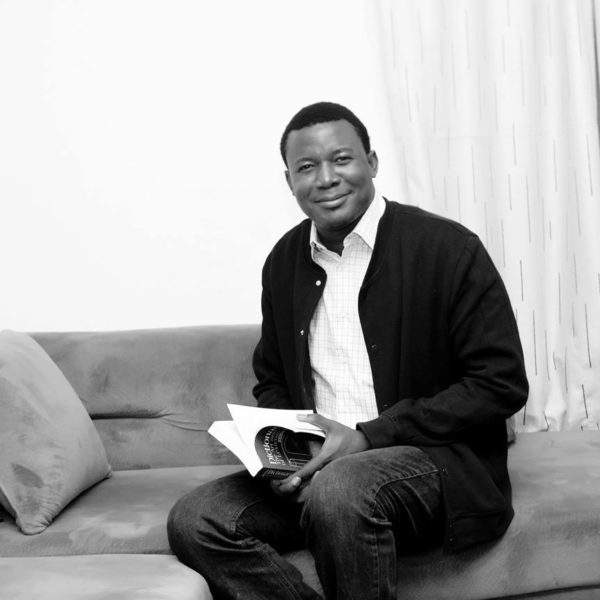
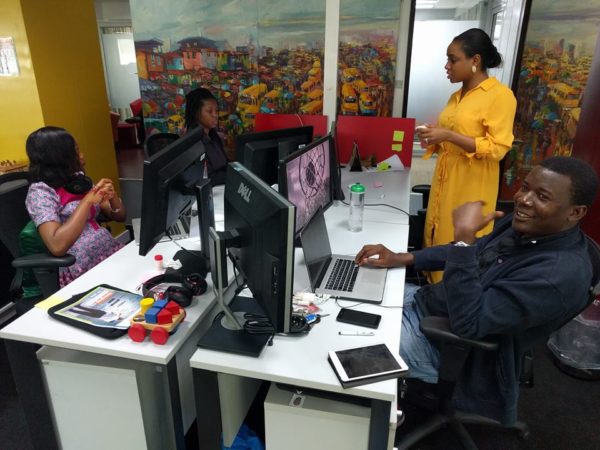
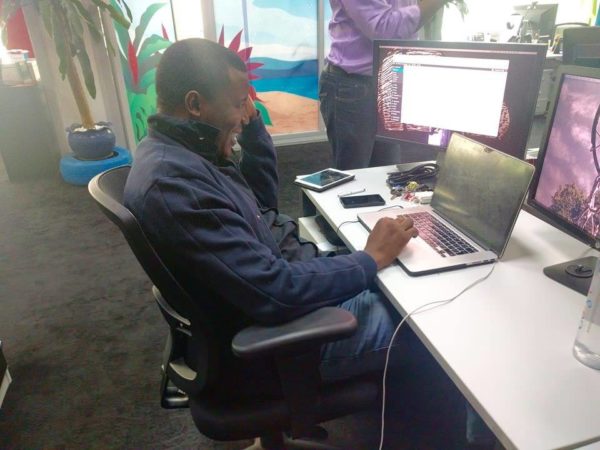
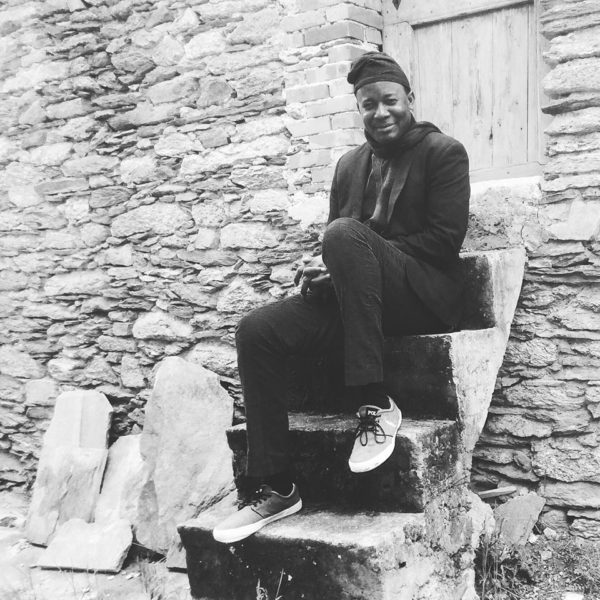
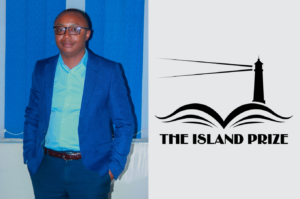
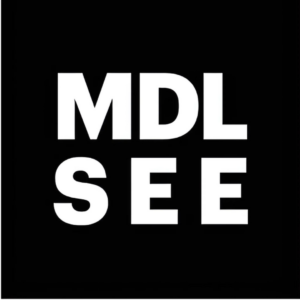


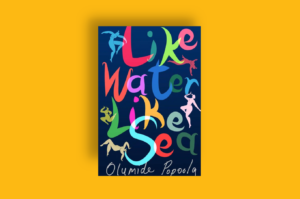


COMMENTS -
Reader Interactions